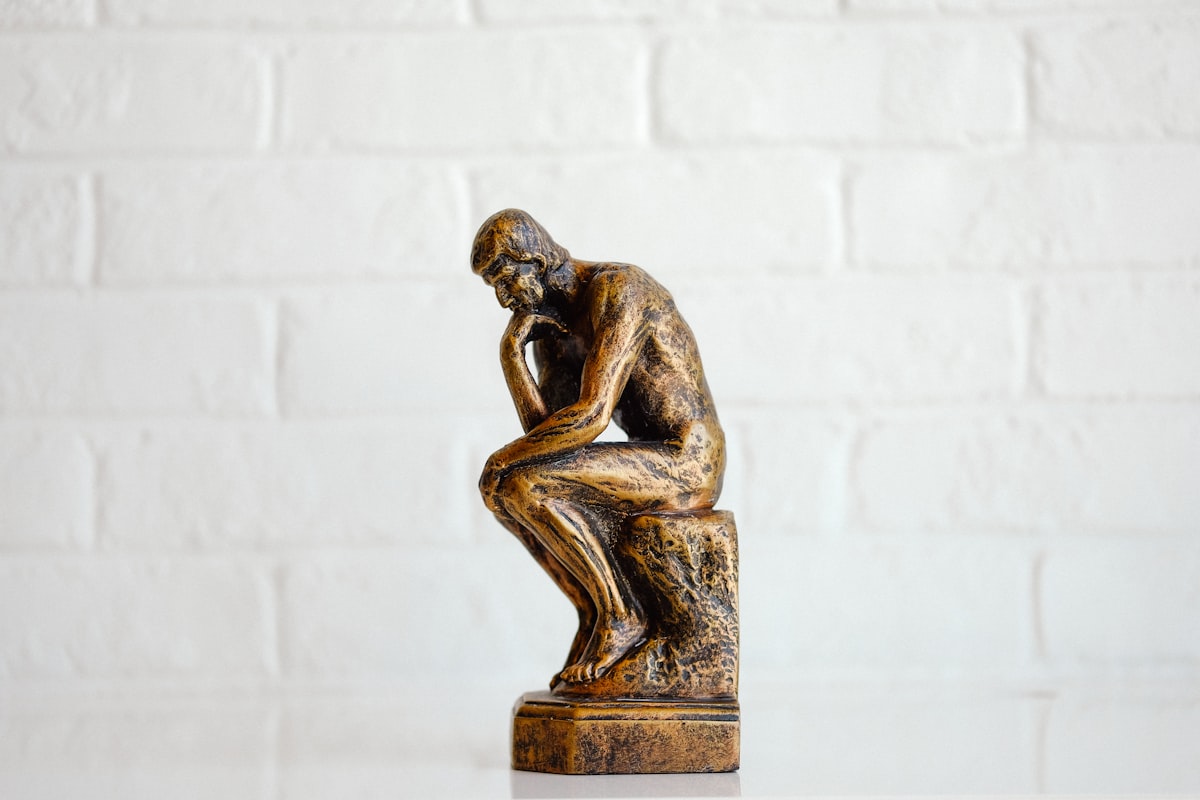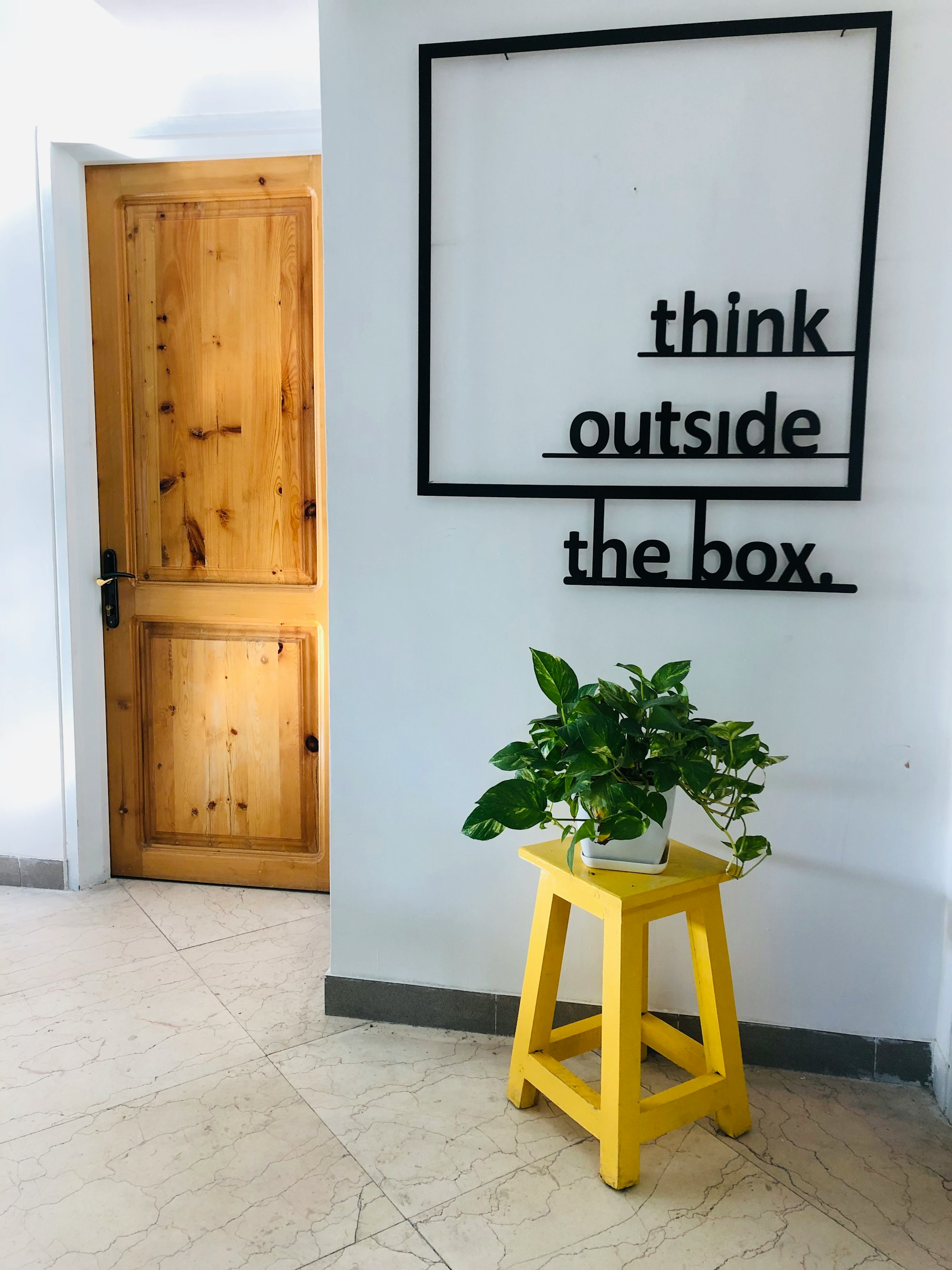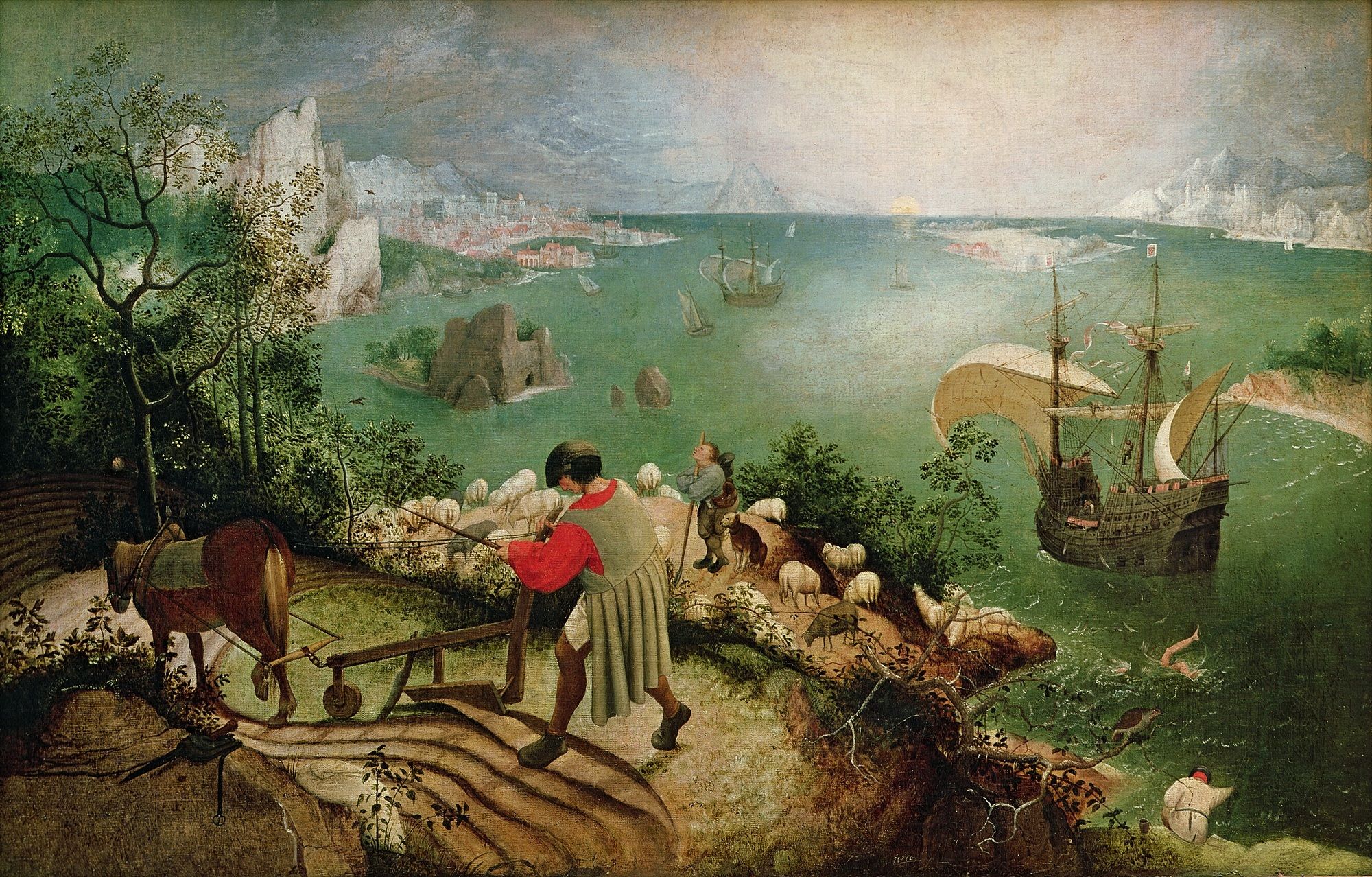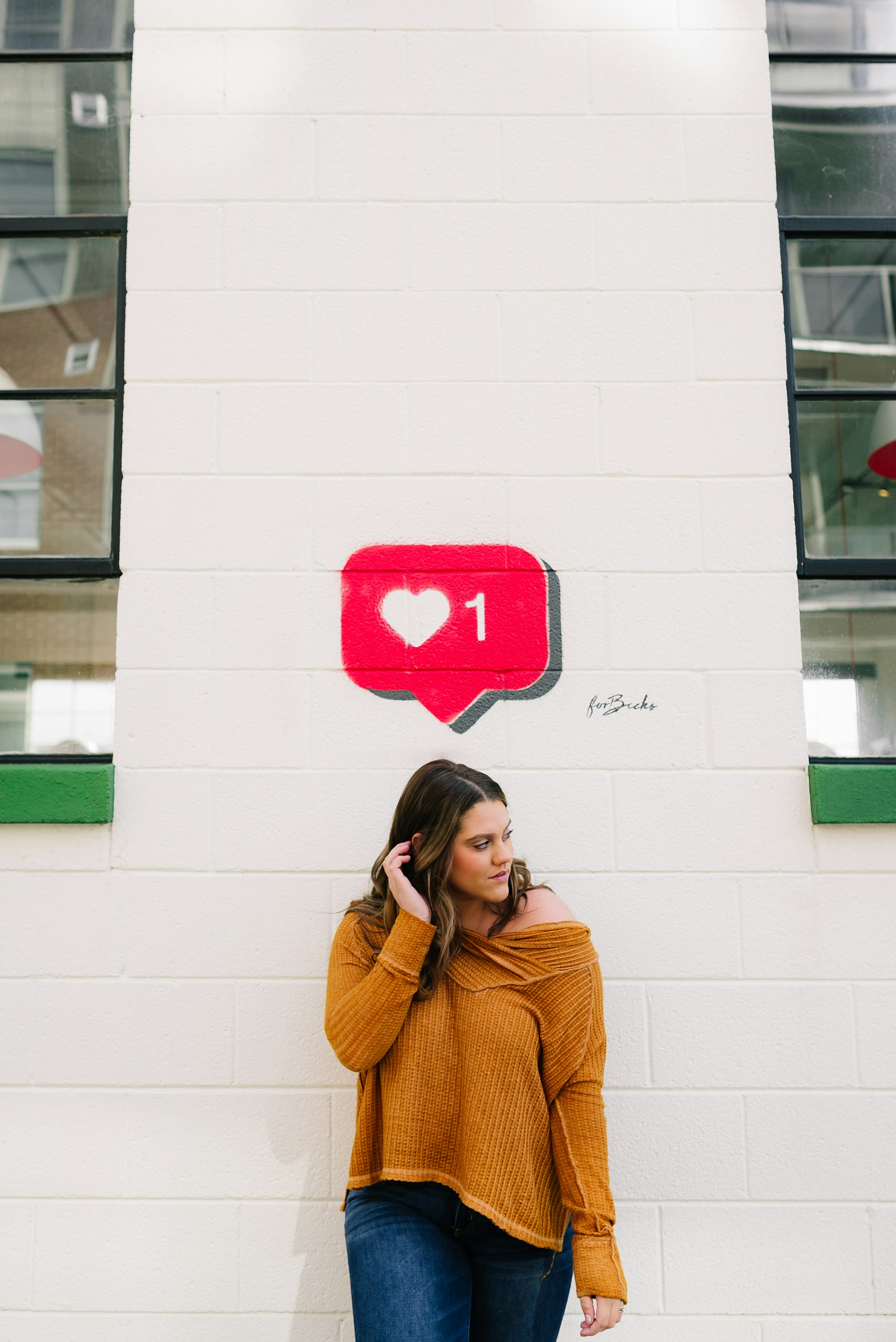Breakfast Notes #4 (Reimaging the World, Ogilvy's Secret Sauce, Liking What You See)

Good morning friends! I hope you are enjoying the smell of the weekend.
I am working on an idea buffet comprising 60+ interesting things I have learnt in the past couple of years. From philosophy to productivity, this covers everything. Stay peeled for that.
Without further ado, let's start with this week's breakfast notes.
#1: Reimagine the World 🌎

Terence Ho is an associate professor in practice at the Lee Kuan Yew School of Public Policy. His op-ed and book, Refreshing the Singapore System, offer readers an opportunity to reimagine Singapore's future by first confronting some hard truths.
Here are some hard facts about Singapore that you might not know.
- Singapore's median age now is 42.5.
- Singapore's life expectancy is 83.9, 2.2 years up from 2011's 81.7.
- Citizens aged 65 and above now represent 17.6% of our population, a big jump from 2011's 10.4%.
What does vibrant mean?
Terence points out an interesting insight about our current mental portrait of a vibrant society.
When you think about 'vibrant people', you think about youths Tik-Toking (or cringing away), millennials partying it up at the beach or a crowd of teens raving at a Hardwell concert.

Well, according to the data, these perceptions are outdated.
Terence himself puts it best,
Singapore aspires towards economic and social vibrancy, but youthfulness can no longer define this: we must become a vibrant, ageing society.
This means that in 2030, a vibrant Singapore would look like one where dad (and mom) bods fill up the beaches of Sentosa on the weekend, salsa dancing or Taiji routines at Community Centres will be mainstream and sipping cappuccinos at overpriced cafes will no longer just be a hipster thing.
In economic and social life, seniors will be much more active. Be it staying in the workforce for a longer time, volunteering or taking care of grandchildren, the silver generation will be the new gold standard of what a life well-lived looks like.
The Key Takeaway. For policies and practices to be effective, mental models must first align with reality. The op-ed shows why data-driven decisions will never work because they neglect the missing link - narrative. Data has implications for the kind of stories we tell ourselves, and it is the stories that compel us to action. So next time, after you have gathered the data points, don't jump into action, ask yourself - what is the story now?
#2: The Craft of Writing ✍️

This week, I revisited David Ogilvy’s seminal book, Ogilvy on Advertising.

There was chock full of dated American advertisements from a bygone era accompanied by his incisive commentaries. However, it remains relevant today for advertisers and readers alike.
Ogilvy remains one of the world's premier ad agencies because it had a phenomenal founder who mastered the art, science, and skill of writing.
Here are three of my favourite quotes and takeaways from the legendary adman himself.
- The purpose of writing is to convince. When Aeschines spokes, they said, "How well he speaks.' But when Demosthenes spoke, they said, 'Let us march against Philip.'
- Research helps you separate the signal from the noise. Advertising people who ignore research are as dangerous as generals who ignore decodes of enemy signals.
- Big ideas come from the unconscious. Stuff your conscious mind with information, then unhook your rational thought process.
Visualization Of The Week 🖌️

The original 'Where's Waldo?' This is the oil painting attributed to Pieter Bruegel, the Elder entitled Landscape with the Fall of Icarus.
Can you find Icarus? Reply me if you found it!
Video Of The Week 📺
I have been binging on this lecture series by Dr Michael Sugrue, a Professor of History at Ave Maria University. This lecture is Dr Sugrue discussing Shakespeare's comedy, Measure for Measure and how this comedy was Shakespare's best work but, more importantly, his attempt to encapsulate Christianity in a comedy.
#3: Liking What You See 👓

Liking What You See: A Documentary is a 2002 science fiction short story written by Ted Chiang about calliagnosia, a procedure that would eliminate one's ability of aesthetic appreciation. One can identify facial features accurately but will have zero emotional reaction to them. In this fictional world, fat, skinny, tall, short have become nothing more than adjectives.
The story is centred around Tamara Lyons, a first-year university student at Pembleton who has recently had her calliagnosia deactivated. When a student organization proposes that every student undergo the calliagnosia process, Tamara is forced to reconsider whether she was better off before or after.

Through the lens of a documentarian, Ted Chiang grapples with the different aspects of beauty and its impact on society.
I found the story and format fascinating. In favouring the medium of the documentary, Ted exposes you to the different arguments for and against preserving one's aesthetic appreciation.
It forces you, the reader, to ponder the question, 'If technology allowed for me to eliminate my appreciation for beauty, would I take it?"
Furthermore, I found it quite mindblowing that Ted predicted the prevalence and impact of cosmetic technology back in 2002 when Mark Zuckerberg was just 18. In his story, he says that Visage is a 'software that, when you look at people through your spex, shows you what they'd look like with cosmetic surgery. It became a form of entertainment among a certain crowd and a lot of college students. It’s almost as if he predicted Facebook's origin story and the emergence of virtual cosmetic technologies like Instagram and Snapchat filters, photoshop kits, and face-tuning software.
Here are my favourite paragraphs from the fictional Professor of Religious Studies, Alex Bibescu discussing the relationship between the mind and body and what the whole debate is about.
Some people have been quick to dismiss the whole calliagnosia debate as superficial, an argument over makeup or who can and can't get a date. But if you actually look at it, you'll see it's much deeper than that. It reflects a very old ambivalence about the body, one that's been part of Western civilization since ancient times.
You see, the foundations of our culture were laid in classical Greece, where physical beauty and the body were celebrated. But our culture is also thoroughly permeated by the monotheistic tradition, which devalues the body in favour of the soul. These old conflicting impulses are rearing their heads again, this time in the calliagnosia debate.
I suspect that most calli supporters consider themselves to be modern, secular liberals and wouldn't admit to being influenced by monotheism in any way. But take a look at who else advocates calliagnosia: conservative religious groups. There are communities of all three major monotheistic faiths— Jewish, Christian, and Muslim— who've begun using calli to make their young members more resistant to the charms of outsiders. This commonality is no coincidence. The liberal calli supporters may not use language like "resisting the temptations of the flesh," but in their own way, they're following the same tradition of deprecating the physical.
The Key Takeaway. This short story is particularly relevant today as the tech giant, Facebook, battles yet another controversy regarding Instagram and the potential harm it causes with body image and self-esteem issues among young girls. As Stephen King once puts it - 'fiction is the truth inside the lie', this incisive 2002 short story will get you thinking about how the twin forces of technology and consumerism are forcing us to re-think our sense of self.
- Another story worth your peek. Harrison Bergeron, a dystopian science fiction story by Kurt Vonnegut Jr. describing a future where everyone is fully equal, where no one would be smarter, better-looking and physically able than anyone else.